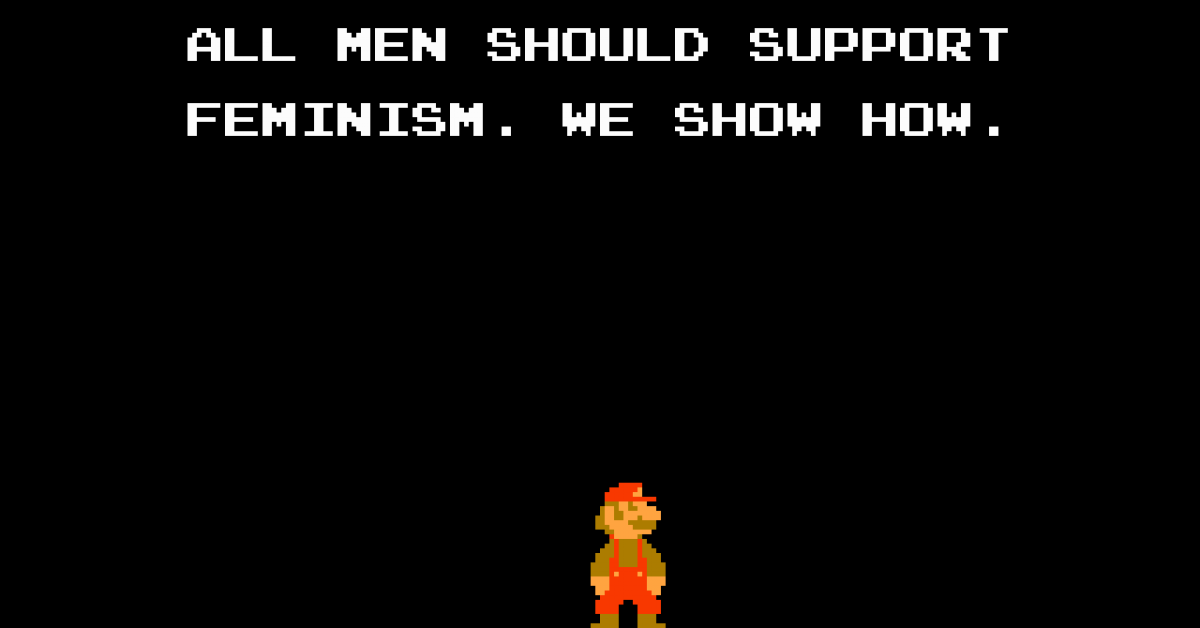Author: Jacomo Fritzsche (www.purposedriven.men)
Our society and the working environment don’t need patriarchal men, who in their mental corset of outdated male roles have strong careers while pushing other people off the podium and, in the process, withering away emotionally. But what we actually look for is more than a man who is merely adapted to feminism.
What is needed is a new male self-image, inspired by and in harmony with basic feminist ideas, which develops independently from men in a co-creative process of self-reflection and introspection.
The basis for this is a holistically conceived understanding of feminism itself. Feminism as a life-affirming interplay of all genders, a transformative dance, a kind of experiential shared learning process at the end of which all parties can evolve into a better version of themselves.
Now, many courageous women have already come forward in recent decades and have firmly shaken a leg on the dance floor of transforming limiting norms. Most men, however, are currently still standing somewhat timidly on the sidelines. It’s a little cramped – a pinch of stubbornness mixed with a portion of ignorance about what step to take next.
But no matter how softly padded the audience benches may be, at the very bottom of a man’s soul slumbers a deep longing to be a living part of this unique transformational process that is happening right now. The magic of an authentic encounter at eye level beats any boys club atmosphere, no matter how elitist. The need for connection, spirituality and meaning may be buried under a mountain of conformity to current beliefs of toxic masculinity, but it still exists and wants to be lived.
So the question that arises is not whether the broad mass of men are fundamentally willing to take the next step in their development, but how men can best be picked up where they are right now. With their past and future, their strengths, weaknesses, prejudices, fears and desires.
What kind of spaces and processes are needed within society and the corporate world in order to not solely force the necessary changes and thus, in some cases, only fan the flame of resistance even more. But rather to find formats in which intrinsic motivation is awakened and the transformation process is experienced as meaningful and therefore worthwhile.
The essential guiding principle for such formats is: As well as. It’s about encouraging men to come fully into their power and at the same time be allowed to be emotionally vulnerable. It is about showing the possibility of a communication culture in which a wild primal scream is just as allowed as a quiet whimper. In which being a man can mean both having a successful career and being celebrated as a stay-at-home dad. Not as either male or feminist. But both at the same time.
